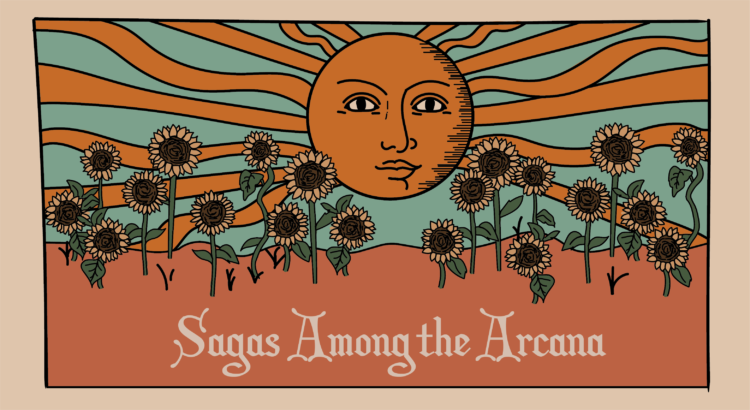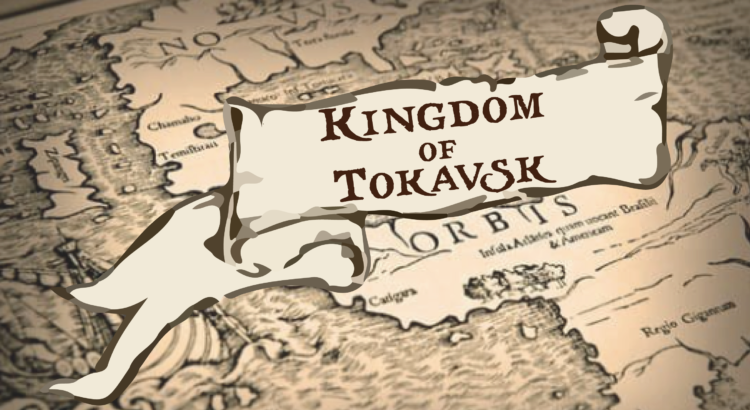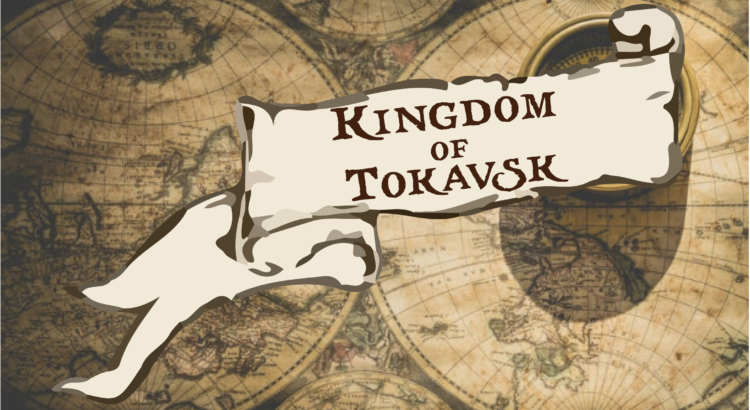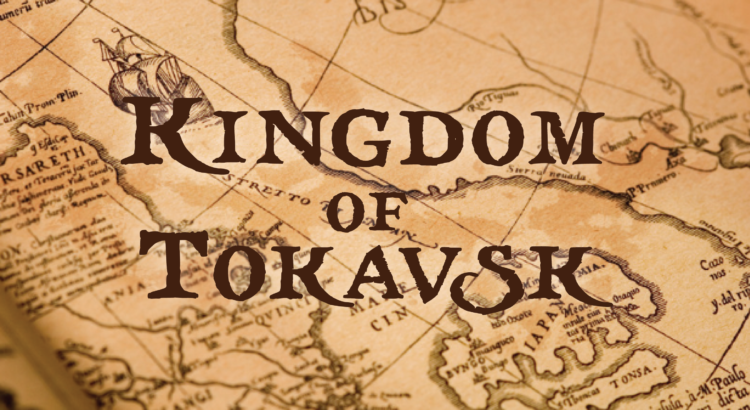“My medicine works especially well on women.”
What a strange claim to make. The thought makes Robert hesitate. It feels like such a lie.
Yet, sacrificing caution, Robert believes it.
He opens the door.
The Devil is drawn — domination . . . giving into the shadow
The crow-like creature examines his mother. Its beak hovers over her, looking ready to pierce through her sweating skin at any moment. Robert suddenly feels himself ready to tackle the thing out through the window.
But then, he sees his mother’s nose twitch with the barest hint of life, and he fools himself into believing it is a result of some plague doctor magic.
The creature straightens to its full (albeit tiny) height. It turns its menacing beak toward Robert. For a few moments, it simply stares, and Robert wonders if it wants him to break in some way — down to his core and pull his stomach out.
His grotesque fantasies, however, are halted when the doctor begins feeling for something beneath its robes. It pulls out a leather pouch lined with metal studs on the bottom. Robert blinks for a second making sure his eyes aren’t deceiving him. He would expect such an accessory from a teenage girl looking for something to keep her makeup in. It shocks him to see it being held by the strange doctor. Sure, the black fits the creature’s aesthetic, but the object in itself is so mundane.
Robert expresses his observation out of curiosity. “Where did you get that?”
The doctor pauses in the middle of taking out some simple-looking tweezers. “Where someone would normally get such a thing — a store.”
Robert refuses to let himself feel stupid. This pouch, for some reason, makes him suspicious of the doctor.
He feels childish with the question he’s about to ask, but he pushes on as it feels necessary.
“I wouldn’t have expected a plague doctor to have such a bag.”
“You didn’t expect a plague doctor in the first place. So how would you expect to expect anything from me at all?” It snaps at him.
The creature quirks its head to the side, like the bird it imitates. The action threatens Robert to silence. It steps toward him. He takes a step back.
It continues in a commanding murmur. “So what do you expect of me?”
The blank black eyes bore into him. He wants to walk back further — run, anywhere away from here. But he remains in his spot, locked by invisible chains.
“I expect you to help my mother.”
“And that is what I will do.”

To be continued . . .








